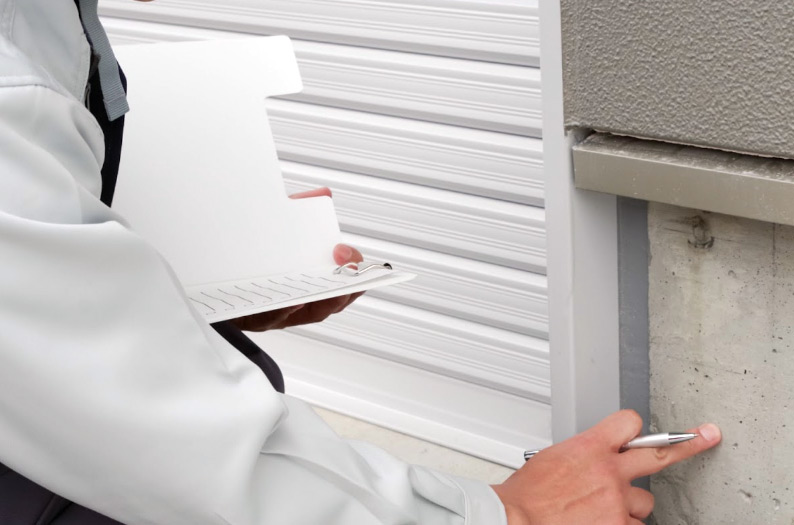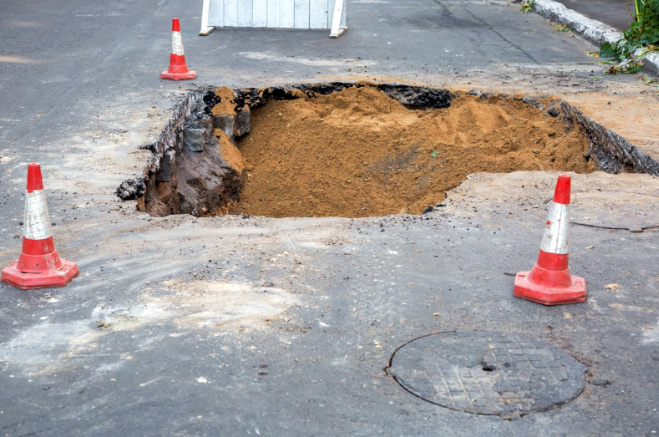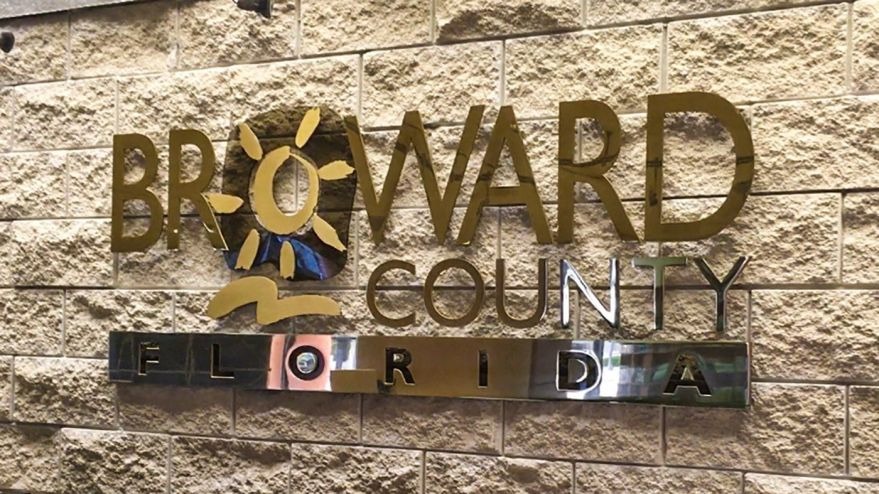
A building’s foundation provides the essential support structure for the entire premise, making it the critical component of any building. With Florida’s unique climate and geological features, proper foundation inspection and routine maintenance are crucial.
Foundations are a crucial part of a building’s structural inspection.
Conditions Affecting Foundations in Florida
- Soil Conditions:
- Sandy Soils: Most of Florida’s soil is sandy, which can lead to foundation shifting and settling. Unlike denser soils, sandy soil is more prone to foundation movement.
- Clay Soils: Some regions in Florida possess soils with levels high in clay content, and they contract and expand based on moisture levels, which can lead to potential foundation strain.
- Water Table and Flooding:
- Not only is Florida prone to heavy rainfall and flooding, but it also has a high water table. This geological feature can erode foundation materials and lead to water damage.
- Sinkholes:

- Florida is known for sinkholes because of the dissolution of limestone bedrock via groundwater, which can lead to sudden foundation failures.
- Hurricanes and Storms:
-
- Severe weather can also impact the structural integrity of foundations through heavy rains, strong winds, and storm surges.
- Severe weather can also impact the structural integrity of foundations through heavy rains, strong winds, and storm surges.
A foundation inspection is a crucial part of the milestone inspection. Several key points are essential to guarantee a thorough assessment of the structure’s stability and integrity. Inspectors typically focus on the following critical details to identify potential issues early on and recommend the appropriate resolutions.
Key Building Safety Inspection Points
- Visual Assessment:
- Inspectors will check for flaws, including distortion, signs of leakage, and peeling of finishes, such as cracks, distortion, sagging, and signs of leakage.
- Look for misaligned windows, doors, or uneven floors, indicating potential foundation movement.
- Water Damage:

- Inspectors check for signs of water intrusion, such as damp walls, mold, or mildew, especially after heavy rains or storms.
- Verify proper drainage around the building foundation that prevents water pooling.
- Structural Integrity:
- Investigate the foundation material (concrete, blocks, etc.) for signs of deterioration or damage.
- Survey for signs of foundation settling or shifting. Inspectors will evaluate the type as well as the stability of the soil around the foundation.
- Soil and Landscaping:
- Inspectors will evaluate the soil type as well as the stability of the soil around the foundation.
- They ensure that landscaping directs water away from the foundation to reduce erosion and water damage.
Only licensed architects and engineers are qualified by law to perform milestone inspections. They evaluate the overall structural condition, identify necessary repairs, estimate a maintenance backlog, and, most importantly, check for significant structural deterioration.
Building Mavens has a diverse team of licensed engineers and accredited professionals. We have the advanced tools and unmatched expertise required to perform Milestone and Building Safety inspections, accurately analyze results, and deliver precise recommendations for repairs or maintenance in line with local building codes and industry standards.
When entrusting your inspections to Building Mavens, you can remain confident, knowing any issues are correctly identified and promptly addressed, safeguarding the structural integrity of your building and providing peace of mind.
About the Author

With a comprehensive background spanning public and private projects, Scott’s proficiency encompasses structural engineering design, construction oversight, and forensic analysis. His role involves investigating structural failures, construction defects, and code compliance to ensure project integrity while upholding safety standards and building codes. Beyond his investigative prowess, Scott is a skilled design engineer, contributing to diverse architectural facets including building envelope systems and designs for various materials. His extensive portfolio includes projects ranging from residential designs to commercial structures like warehouses and piers. Across all phases of project development, from conception to inspection, Scott’s dedication to innovative and compliant engineering solutions shines through.
Contact me for more information: info@buildingmavens.com






